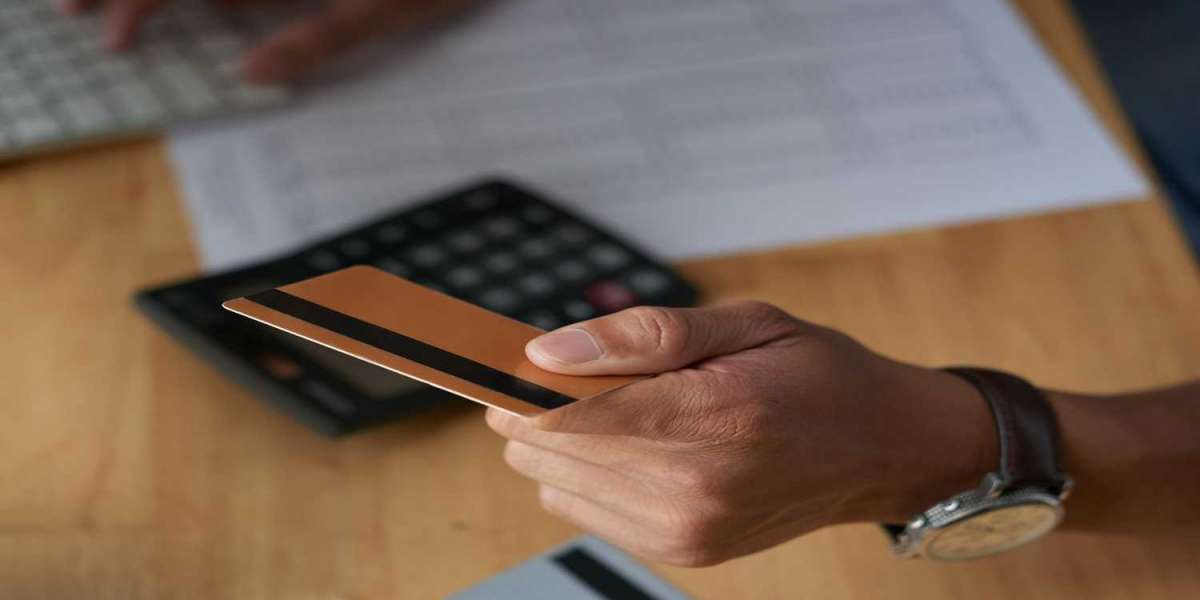Driving under the influence of alcohol or drugs is one of the most serious offences on UK roads. The government enforces strict laws to ensure road safety, with severe punishments for those found guilty of impaired driving. Whether it's a momentary lapse in judgment or a misunderstanding, these cases can have lasting consequences. At Motoring Defence, our experienced drink driving solicitors near me are here to help you understand your legal options and build a strong defence if you face these charges.
In this comprehensive guide, we’ll cover legal limits, penalties, and common defence strategies for drink and drug driving cases.
Legal Limits for Drink Driving
The legal alcohol limits for drivers in the UK are:
- 35 micrograms of alcohol per 100 millilitres of breath
- 80 milligrams per 100 millilitres of blood
- 107 milligrams per 100 millilitres of urine
Even if you're under these limits, impairment can still lead to dangerous driving charges. It’s essential to understand your personal tolerance levels and avoid driving altogether after consuming alcohol.
Legal Limits for Drug Driving
There are two types of drugs that can lead to driving offences:
- Illegal Drugs: Such as cannabis and cocaine
- Prescription Drugs: Including diazepam, morphine, and certain painkillers
The government sets specific legal limits for both categories. Importantly, even if you have a prescription, you must not drive if the medication impairs your ability.
Penalties for Drink and Drug Driving
The consequences of being caught driving under the influence depend on the circumstances but can include:
- Drink Driving Offences
- Minimum 12-month driving ban
- Fines up to £5,000
- Up to 6 months in prison
- Between 3 and 11 penalty points
- Drug Driving Offences
- Minimum 1-year driving ban
- Unlimited fines
- Up to 6 months in prison
Repeat offences or cases involving serious harm can lead to even harsher penalties, including long-term disqualification.
Defence Options for Drink and Drug Driving Charges
Being charged with impaired driving doesn’t always mean you will be convicted. At Motoring Defence, our skilled drink driving solicitors near me explore every legal avenue to challenge the evidence and reduce penalties.
- Questioning Breathalyzer and Blood Test Results
Breathalyzer machines must be properly maintained and calibrated. Blood samples must be handled correctly. Errors in these processes can weaken the prosecution’s case.
- Medical Explanations
Certain medical conditions, such as diabetes or acid reflux, can cause inaccurate breath test results. Our legal team can present medical evidence to support your defence.
- Procedural Errors by Police
The police must follow strict procedures during arrest and testing. Any deviation from these rules may render evidence inadmissible in court.
- Duress or Emergency Situations
In rare cases, driving under the influence may be justified if there was a life-threatening emergency.
How Motoring Defence Can Help You
we understand the stress and uncertainty that comes with drink and drug driving charges. Our experienced drink driving solicitors near me offer tailored legal advice and representation to help you achieve the best possible outcome.
Here’s how we can assist you:
- Case Evaluation: We thoroughly assess the evidence to identify weaknesses in the prosecution’s case.
- Defence Strategy Development: We craft a defence plan based on your specific circumstances.
- Court Representation: Our solicitors provide expert representation in court to argue for reduced penalties or acquittal.
- Negotiation for Lesser Charges: Where possible, we negotiate for alternatives such as rehabilitation courses instead of driving bans.
We are committed to protecting your driving licence, reputation, and peace of mind.
Tips to Avoid Drink and Drug Driving
- Plan Ahead: Arrange alternative transport if you plan to drink.
- Use Testing Kits: If prescribed medication, check whether it affects your ability to drive.
- Wait Before Driving: Alcohol can stay in your system longer than you think.
- Be Informed: Know the side effects of any medication you're taking.
Conclusion
Drink and drug driving laws are strict, but every case is unique. With the right legal support, it’s possible to reduce penalties or even have charges dropped. At Motoring Defence, our dedicated drink driving solicitors near me are here to guide you through the legal process and fight for your rights.
If you’re facing drink or drug driving charges, contact us today for expert advice and strong legal representation. Let us help you get back on the road with confidence.






